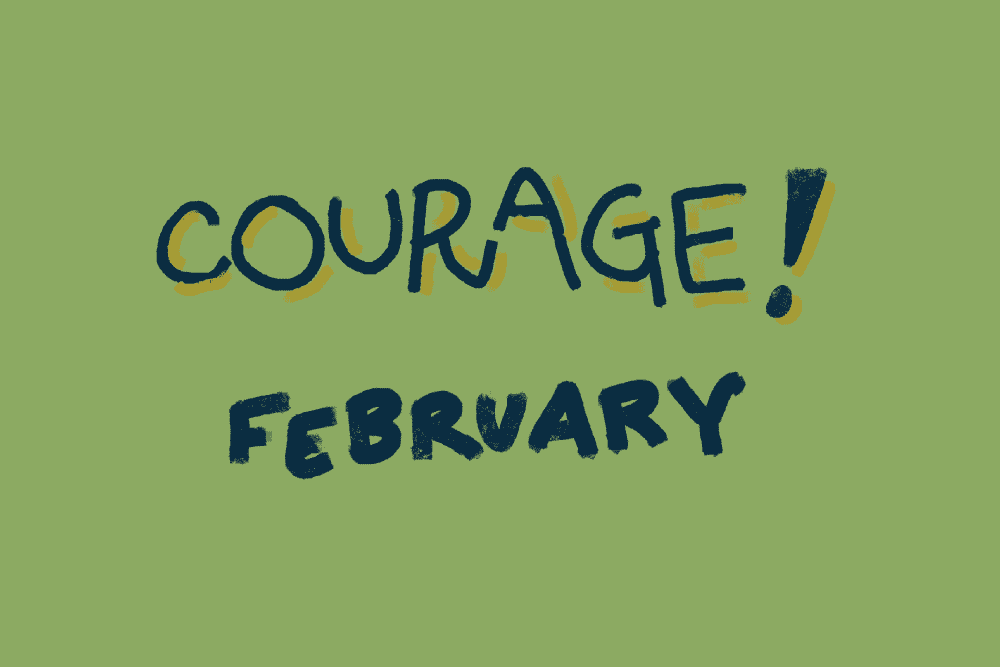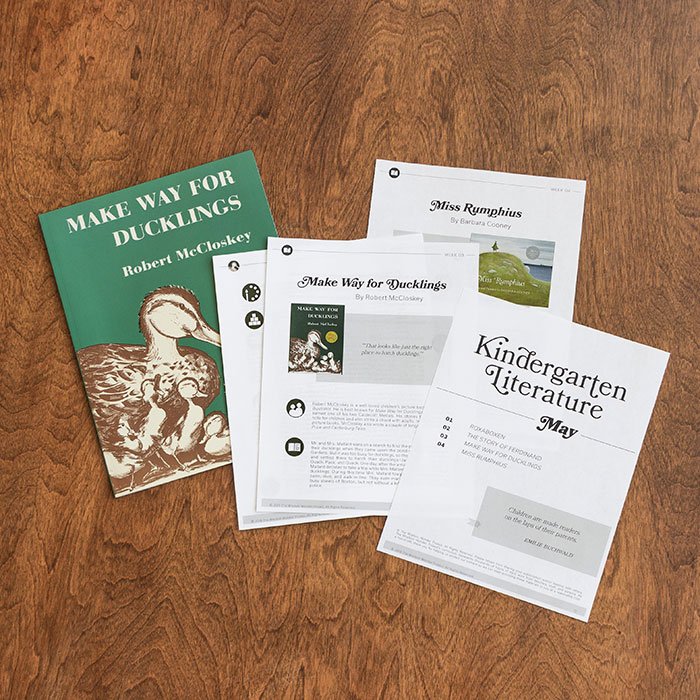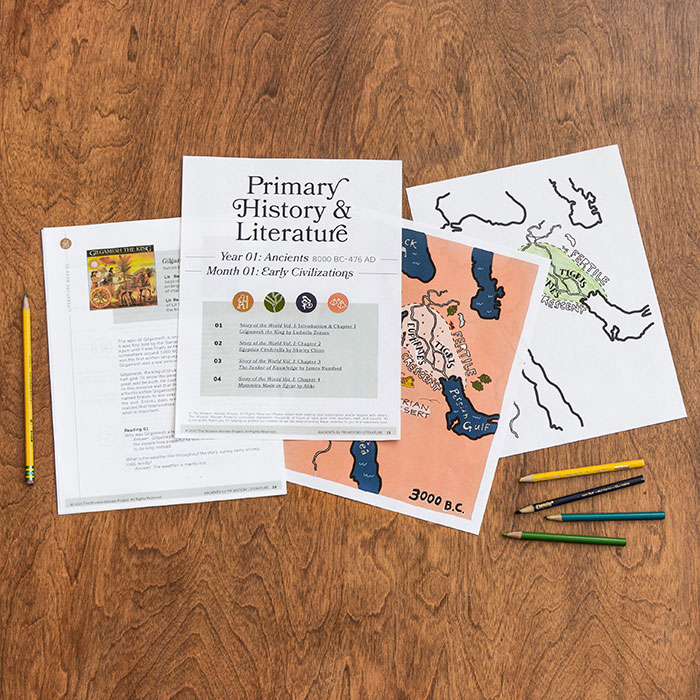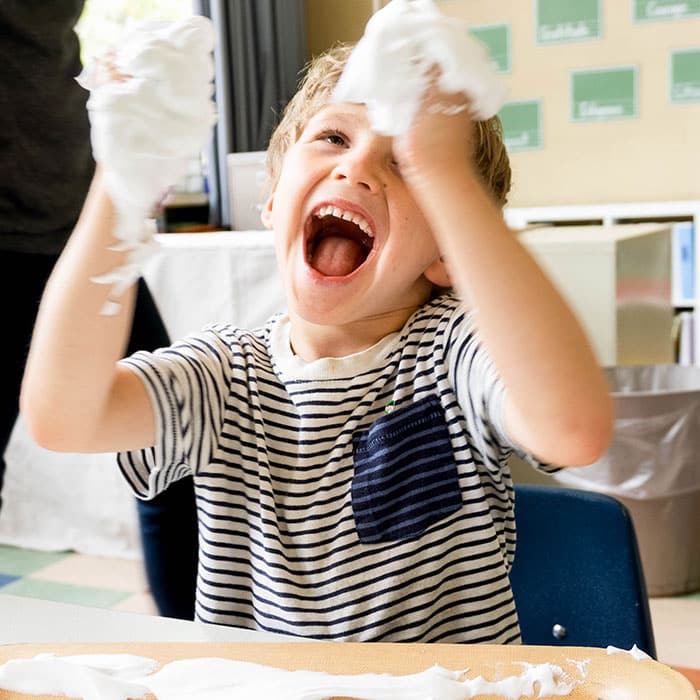The Cowardly Lion stands as a strong motif for courage from my childhood. Part of what gives this character staying power in my association is my held belief that lions are courageous by nature. But as I rethink this—now, as an adult and mother—I wonder why lions are so symbolic of courage in the animal kingdom. Strong? Sure. Dominant? Definitely. But when I think about courage now, it’s often when strength and dominance are seemingly absent and someone chooses to do the right, hard thing in spite of their obstacles. Courage, our character trait for February, is attempting difficult things that are worthwhile and facing difficulties and challenges with determination to do the right thing even when others don’t. Maybe it is that we become like lions when we act courageously, showing our strength and rising regally. Maybe the Cowardly Lion is the most courageous lion.
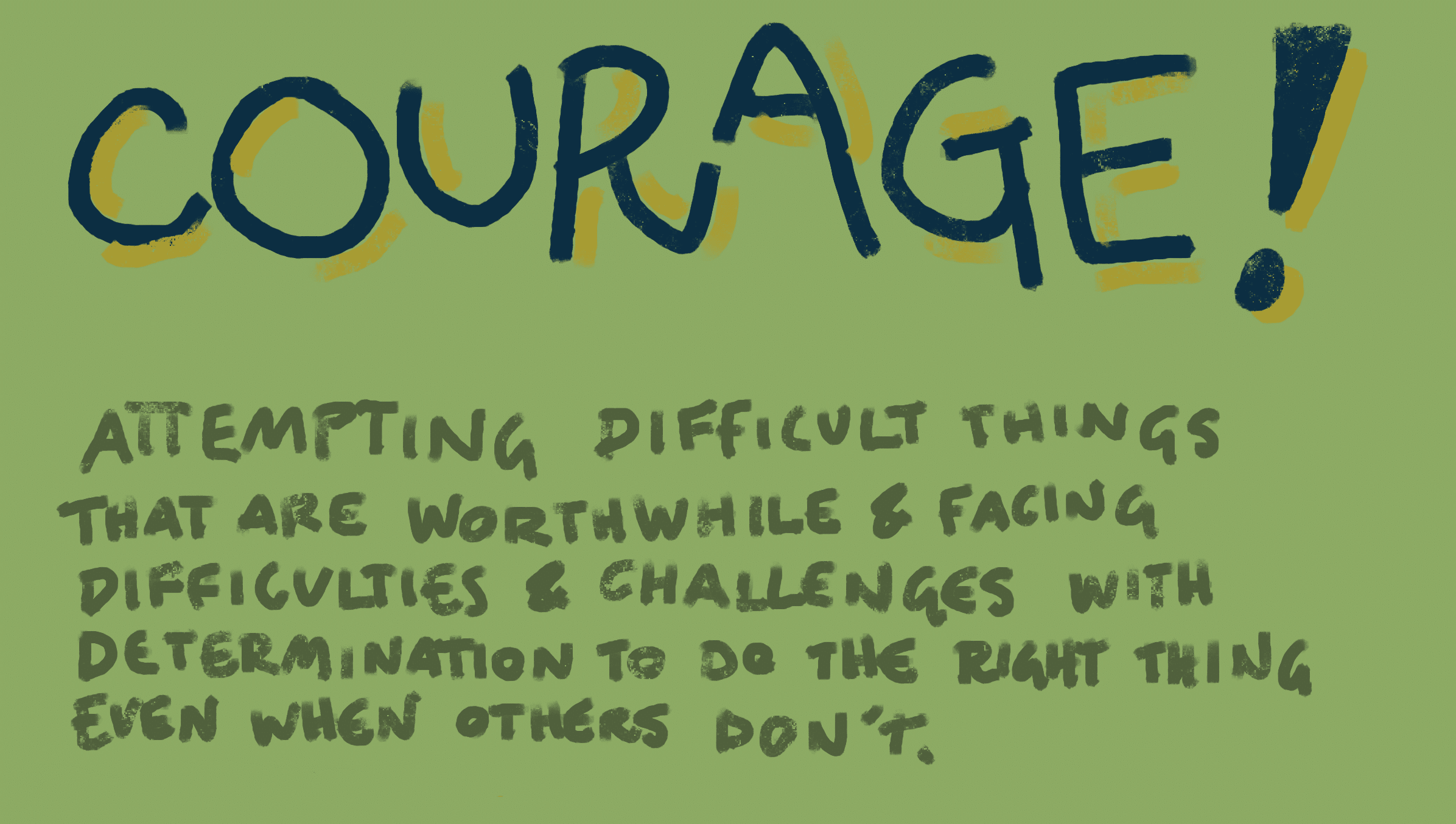
Animal Kingdom aside, finding courage in ourselves is first a journey in knowing who we are and what we stand for. Socrates sees this also as the beginning of wisdom, to know thyself. We must first know who we are and what is good, true, and beautiful before we can endeavor to act upon our convictions. When it is easier to go with the flow or stand aside, do we choose to do the right thing even when it’s hard? Yes! In other words, Dare to be Different!
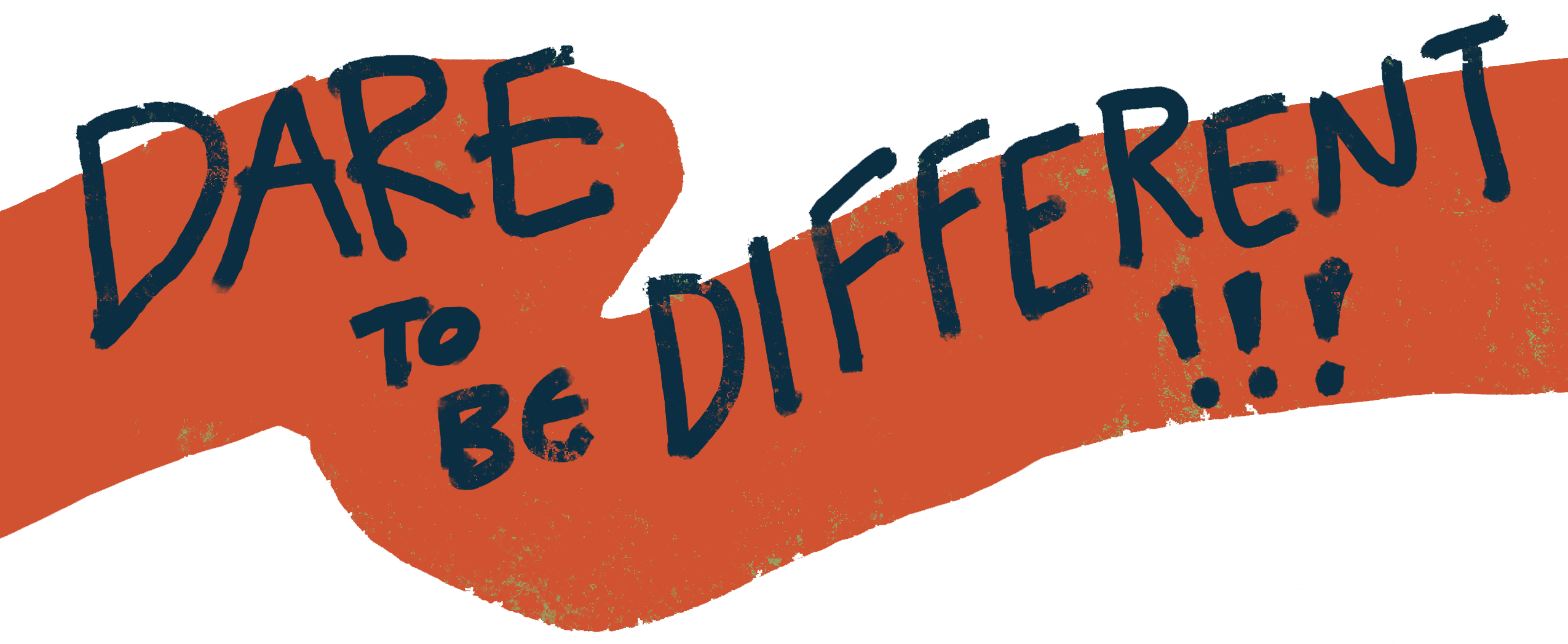
I think Socrates would agree with E.E. Cummings’ words, “It takes courage to grow up and become who you really are.” Cultivating character within ourselves challenges us and our children to become who we really are, not what others say we should be. Though it may be lonely at times, the payoff is indeed worthwhile!

So how do we begin fostering courage in ourselves and in our children? Below you will find some discussion questions and activities to promote a courageous cast in your home:
- Get the conversation started by having your students list words or phrases they associate with courage. See if they can come up with any idioms. Challenge them to think of some possible antonyms as well.
- Talk about some recent books they have read and discuss who they think was the most courageous character in the book. Have them describe why they consider that character courageous (for a few suggestions, check out our Courage Book List).
- What is something they have done recently that required them to dare to be different?
- Discuss this quote from FDR, “Courage is not the absence of fear, but rather the assessment that something else is more important than fear.” Ask your students what they think it means? What are some things that are more important to them than fear? What are some of their fears?
- Regarding fear of failure—this is an excellent time to remind our students that mistakes are okay; that it requires courage to try something new especially when the outcome is unknown.
- Brainstorm ways your family can dare to be different. Make a goal to act on at least one of your ideas.
- Is courage contagious? Can they think of any examples?
- Why do your students think courage is a monthly character trait? Can they think of other character traits that require courage in order to do them well? For example, sometimes it requires courage to be kind when you fear you may be made fun of. And it takes courage to own up to our mistakes and accept responsibility for our actions, etc.
- Another character trait is humility. When we think of courage we often think of being bold, brave, and confident. Can one be humble and courageous at the same time?
- As we study history, there are many accounts of great courage. Discuss a few. What difficulties and challenges did they face and how did they dare to be different?
 Another way to keep this character trait of the month top of mind is to print and hang our Courage poster! Click here to download.
Another way to keep this character trait of the month top of mind is to print and hang our Courage poster! Click here to download.
Want more resources? Read Teaching Character Through Literature: Courage.
